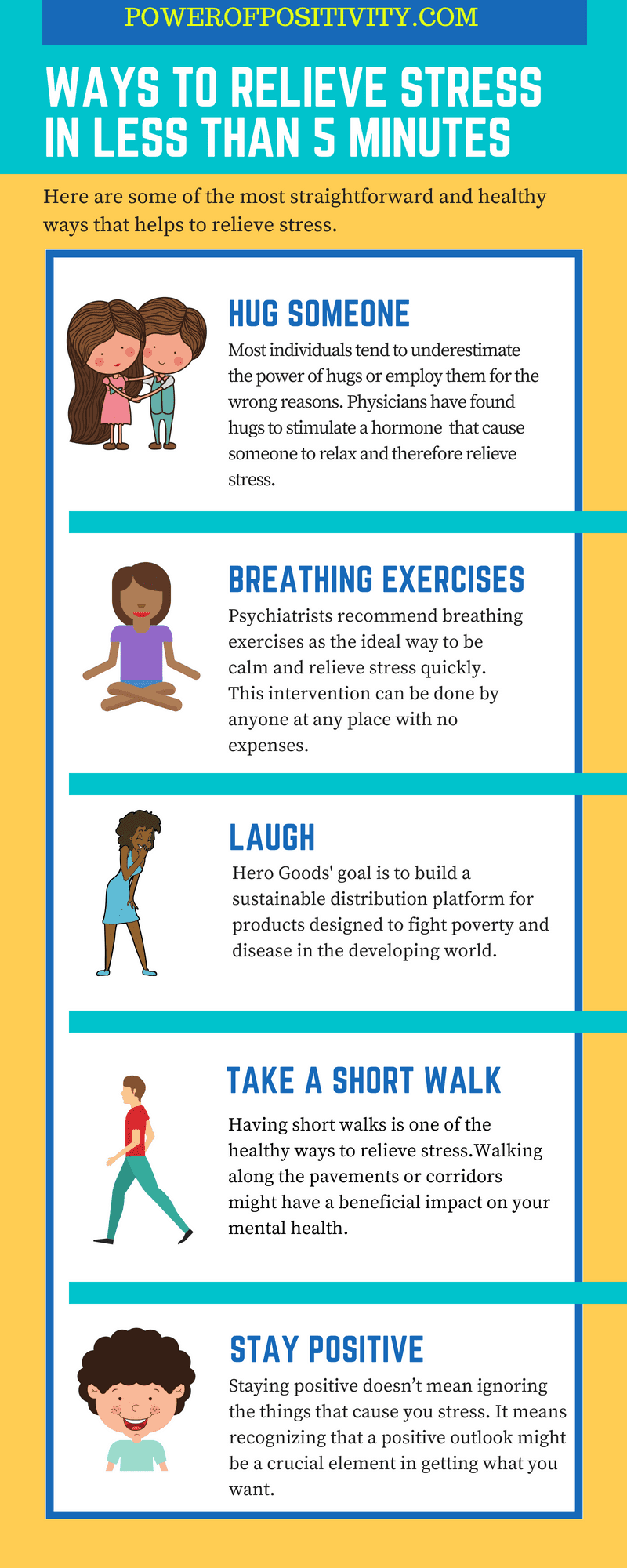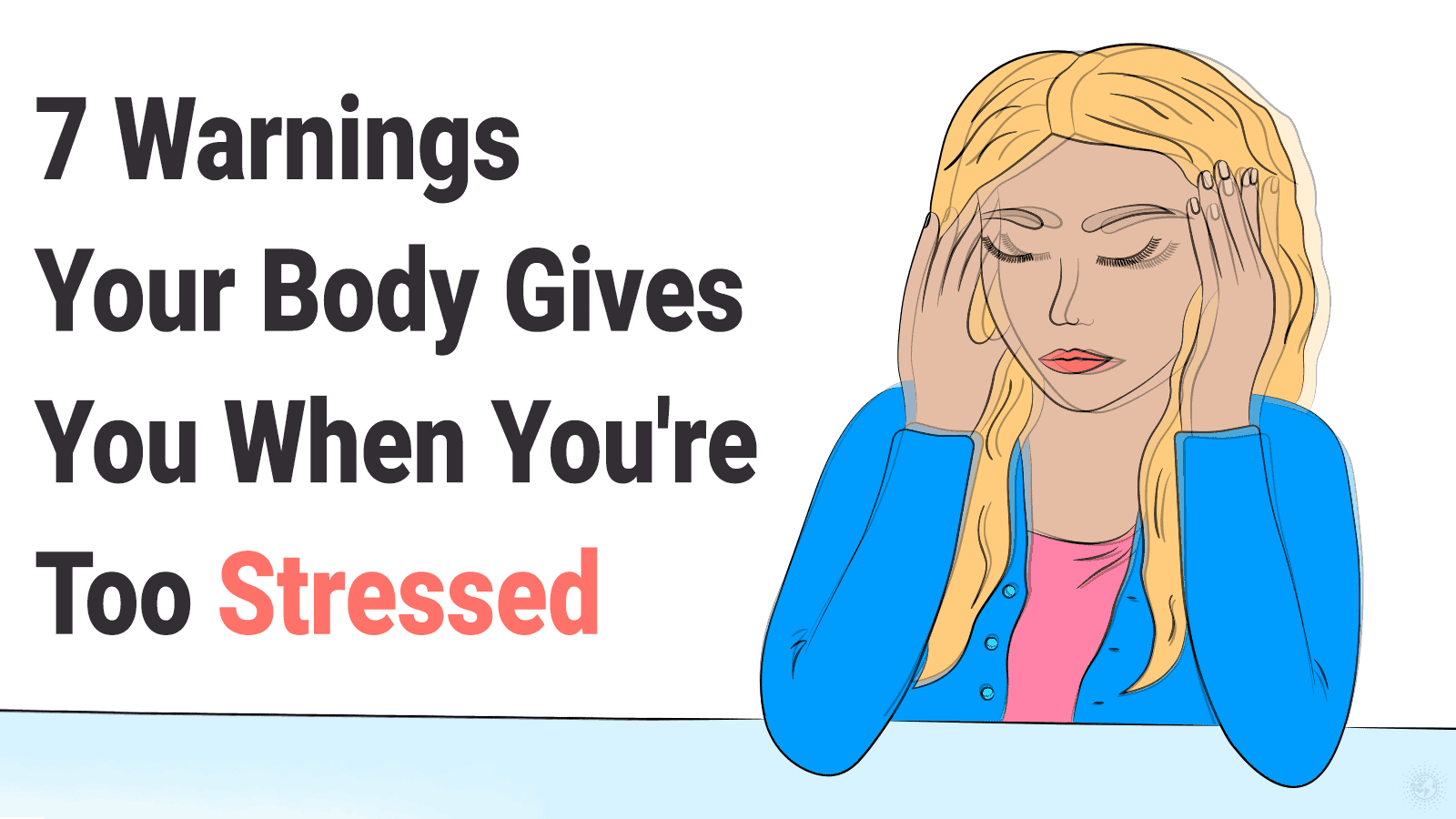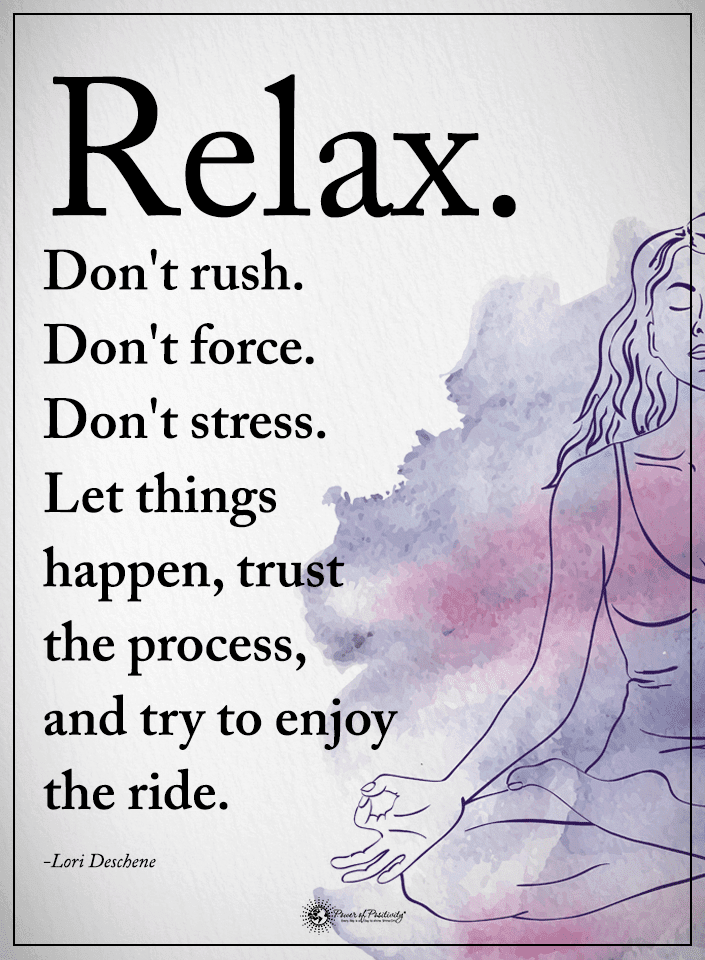Between work, household responsibilities, friends, family, and other responsibilities, it’s almost inevitable that at some point during the week you’re going to feel stressed. According to one study, over a third of adults claim to experience high stress on a regular basis. However, when incidental stress piles up and becomes ongoing, the effects are more than just mental. These are seven signs from your body warning you that you may be too stressed.
Here Are 7 Warning Signs Your Body Gives When You’re Too Stressed
“It’s not stress that kills us; it is our reaction to it.” – Hans Selye
1. Exhaustion and Insomnia
Working hard day in and out undoubtedly leads to some exhaustion. At the same time, if you’re waking up every morning feeling so tired it feels like you never slept, your body might be begging you to take it easier. You will find it difficult to catch up on rest if you’re pushing yourself beyond your physical limits.
Sometimes, stress manifests as racing thoughts that keep you up all night. Even when you’re so exhausted that you should be able to fall asleep right away, you might be stuck awake, thinking about what tomorrow holds. At times like these, try to take a mental step back from what’s worrying you. No matter what tomorrow may bring, you won’t be able to function without your sleep. Actively focus on positive thoughts, do not allow your mind to harbor worries about the next day, and have a restful night.
2. Forgetfulness
Consistently being pulled in multiple directions can push you beyond your limits. When you take on too much, you may start to forget some of your regular responsibilities. Whether it’s something as big as missing the deadline on a big project or something as small as forgetting to pick up ingredients for tomorrow’s dinner, your mind is trying to tell you to take a break and focus on one thing at a time.
3. Headaches
According to the American Academy of Neurology, having high levels of stress can give you more headaches. Most stress-related headaches are caused by tension in the muscles of your head and neck. Working extra-long hours can cause more tension in your muscles, as can jaw-clenching or teeth-grinding, which many people do in response to stressful situations. Either way, if you notice that you’re experiencing more headaches than usual for no apparent reason, your body may be asking you to breathe deeply, relax, take a break, or take a nap.
4. Body Pain
In addition to headaches, stress can also result in full-body aches and pains. The American Psychological Association says that muscle tension is a reflex in response to stress. When muscles tense up for too long, it causes body pain. Practicing relaxation techniques may help with this problem. What is more, relaxation techniques can also help take your mind off what is causing you to feel stressed.
5. Acne
For reasons still unknown, stress and acne appear to be related. Scientists have yet to find the root cause, but multiple studies have shown that in times of high stress, people who are prone to acne tend to experience flare-ups. If you notice more pimples appearing on your skin, seemingly out of nowhere, it may be related to a high level of stress.
6. Upset Stomach
Your stomach is one of the most sensitive organs you have. It’s largely composed of muscles, which constrict and contract and may tense up excessively from stress. Additionally, chemicals released during stressed time periods may cause stomach upset. According to Everyday Health, one way to manage an upset stomach due to stress is a good bout of exercise. Endorphins released during exercise help to reduce stress levels, which will soothe your stomach.
7. Decreased Sex Drive
Even though a decreased sex drive may not cause you prolonged discomfort, it can still affect your relationship and your happiness. Stress can affect your desire to have sex and can chemically alter your sex drive. This combination could cause a rift between you and your partner, potentially creating even more stress in your life. Verywell Mind suggests that techniques like meditation can help lower stress and increase sex drive.
Final thoughts
Even though symptoms caused by stress may be small and occasionally go unnoticed, they can build up and affect your health and happiness. There are many techniques you can try at home to mitigate stress, but many doctors suggest that seeing a therapist and talking through your stress problems can help decrease them dramatically.



















